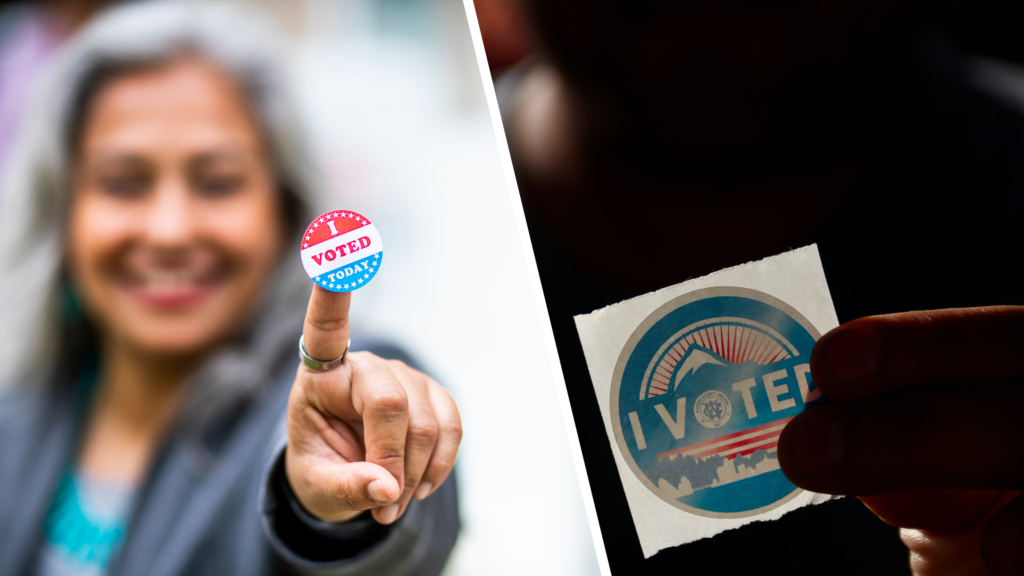CLAS Hosts Panel Exploring Latinx Electoral Politics

On October 27, 2022, Boston University’s Center for Latin American Studies (CLAS), an affiliated center of BU’s Frederick S. Pardee School of Global Studies, hosted an event on Latinx voters in the United States and what makes this often misunderstood demographic unique.
The event featured a slew of experts from across BU: Taylor Boas, Associate Professor of Political Science and Latin American Studies and Chair of the BU Department of Political Science; Susan Eckstein, Pardee School Professor of International Relations and Sociology; Natalia Escobar-Pemberthy, Lecturer at the Pardee School; Jorge Heine, Research Professor at the Pardee School; and Rachel Meade, BU Lecturer of Political Science. The panel was moderated by Rady Roldan-Figueroa, BU Associate Professor of the History of Christianity and Director of CLAS.
Panelists discussed the media narrative surrounding Latinx voters and how it does not fully represent the reality of this demographic, the weight these voters carry in swing states, and issues important to the Latin American diaspora. In his remarks, Heine noted that despite the size and potential influence of the Latinx vote, some U.S. politicians seem actively antagonistic towards this group and use them as the poster child for America’s problems. This is obviously, false, but he also noted that historically Latin American immigrants have been bundled into one group; to successfully engage with this community, Heine says political parties must keep in mind the needs of the various Latin American populations.
Echoing Heine, Escobar-Pemberthy argued that the narrative surrounding Latinx voters is continuing to evolve, as are their priorities at the polls. While the Latino community is sometimes viewed as a monolith by politicians, she emphasizes the importance of recognizing each individual communities needs and the fact that as Latin American immigrants plant roots in the U.S., the issues of importance to them change.
Eckstein’s remarks focused on Cuban Americans and Latinx exceptionalism. Drawing from her recent research and the findings of her book Cuban Privilege: The Making of Immigrant Inequality in America, she outlined why Cuban Americans specifically are so politically active, how they established themselves upon arriving in the U.S., and the privileges they’ve secured in the U.S. Eckstein notes that Cuban immigrants enjoy certain privileges and protections that other Latinx voters do not, and these have defined their voting behaviors; however, newer generations of Cuban Americas are departing from established norms and forging a new path at the polls.
A recording of the event can be viewed below.
CLAS provides students with a versatile and powerful vehicle to develop an in-depth and interdisciplinary understanding of the Latin American region. The program offers students a wide variety of regionally-focused courses in Latin America, which are taught by a range of academic departments. The interdisciplinary nature of the program provides the necessary breadth and depth for students to understand the complexities and remarkable diversity of Latin America, defined as the 20 independent countries in the Western Hemisphere south of the United States with Spanish, French, or Portuguese as their official languages. Learn more about this center on the CLAS website.